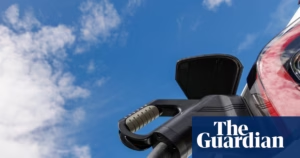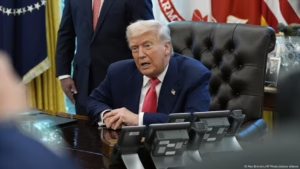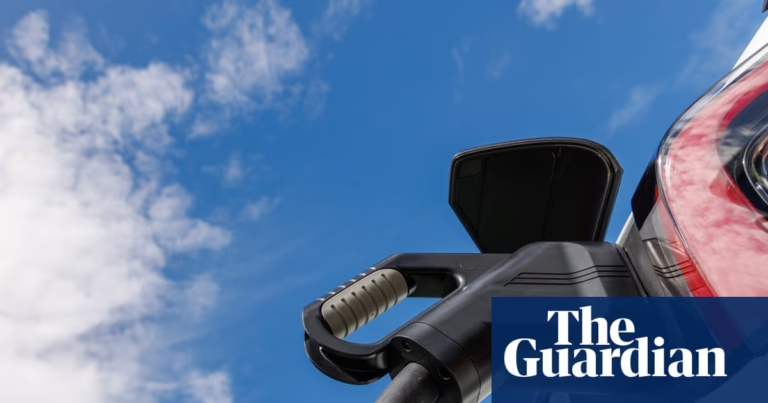As the Nobel laureate Robert Lucas remarked during the 2008 financial crisis: “I guess everyone is a Keynesian in a foxhole.” Donald Trump’s disruption of the postwar security agreement has highlighted the ongoing astuteness of Lucas’s observation. However, instead of bailing out banks and buying bonds in an emergency, European military might is now being utilized in a desperate bid to secure the continent’s border with Russia.
Berlin and Brussels – traditionally bastions of financial rigour – have been persuaded once more that this approach is necessary. According to the proposal put forth by Germany’s designate chancellor, Friedrich Merz, Berlin is on the verge of relaxing its ‘debt brake’ rule to facilitate spending on defence and infrastructure amounting to an additional €1tn (£840bn) over the next decade.
The EU is also at a “watershed moment”, having agreed to €800bn plan that allows member states to increase borrowing for their defence expenditures under an “escape clause” from its debt and growth stability pact rules. This move is noted as one of the most significant shifts in European economic policy in decades.
For the UK, a more conventional approach persists, with Chancellor Rachel Reeves insisting that her self-imposed fiscal rules remain “non-negotiable”. Rather than allowing for increased borrowing, Labour’s plan to raise defence spending from 2.3% to 2.5% of GDP by 2027 involves a corresponding cut to the overseas aid budget.
Increasing spending further would necessitate more “difficult decisions,” Reeves has indicated.
The Treasury acknowledges that the world has changed and higher defence spending has become a necessity. However, given the current tight fiscal situation and a challenging spring statement ahead for the chancellor, funding this increase will require difficult choices in finding savings elsewhere.
Labor circles hope that Britain will follow Germany’s example of “military Keynesianism”, but the Treasury’s stance hasn’t shifted significantly. Reeves still adheres to fiscal rules that were only announced six months ago.
This stance is understandable, given the turmoil in the bond market at the beginning of the year, where British government faced a global financial storm. Though largely caused by investors’ fears over Trump’s inflationary policies, there were also British-specific concerns.
Reeves could point to the sharp rise in German yields last week and to France, where even with newfound EU political support, Emmanuel Macron still grapples with a rumbling political and fiscal crisis. Additionally, Merz himself faces domestic challenges in a divided Bundestag.
Britain and Germany are in different positions economically. Despite severe economic issues, Berlin has a history of budget surpluses before the Covid pandemic. Its debt-to-GDP ratio stands at approximately 63%, compared to nearly 100% for Britain. Though German borrowing costs have risen, yields remain lower than in the US and the UK.
Nonetheless, Reeves is restrained more by politics than economics. The government could argue that higher borrowing now can spur stronger economic growth. But instead of adopting this presumption, concerns over breaching fiscal rules loom large, generating speculation about welfare budget cuts in light of the upcoming spring statement.
Yet the Institute for Fiscal Studies believes a small breach of these rules could be overlooked due to its minimal economic impact.
Still, the chancellor is restrained having promised before the election not to increase taxes and emphasizing the importance of balancing the books – a position distinct from the Tories’ Liz Truss experiment.
But this position may not be sustainable much longer. Continually reducing government spending risks undermining Labor’s other promises: repairing public services, avoiding a return to austerity, and stimulating economic growth.
This concern is intensified by growing dissatisfaction within Labor’s ranks and a declining opinion poll rating for the government. So keep watching; it might not be wise to dig any deeper into a fiscal foxhole.








